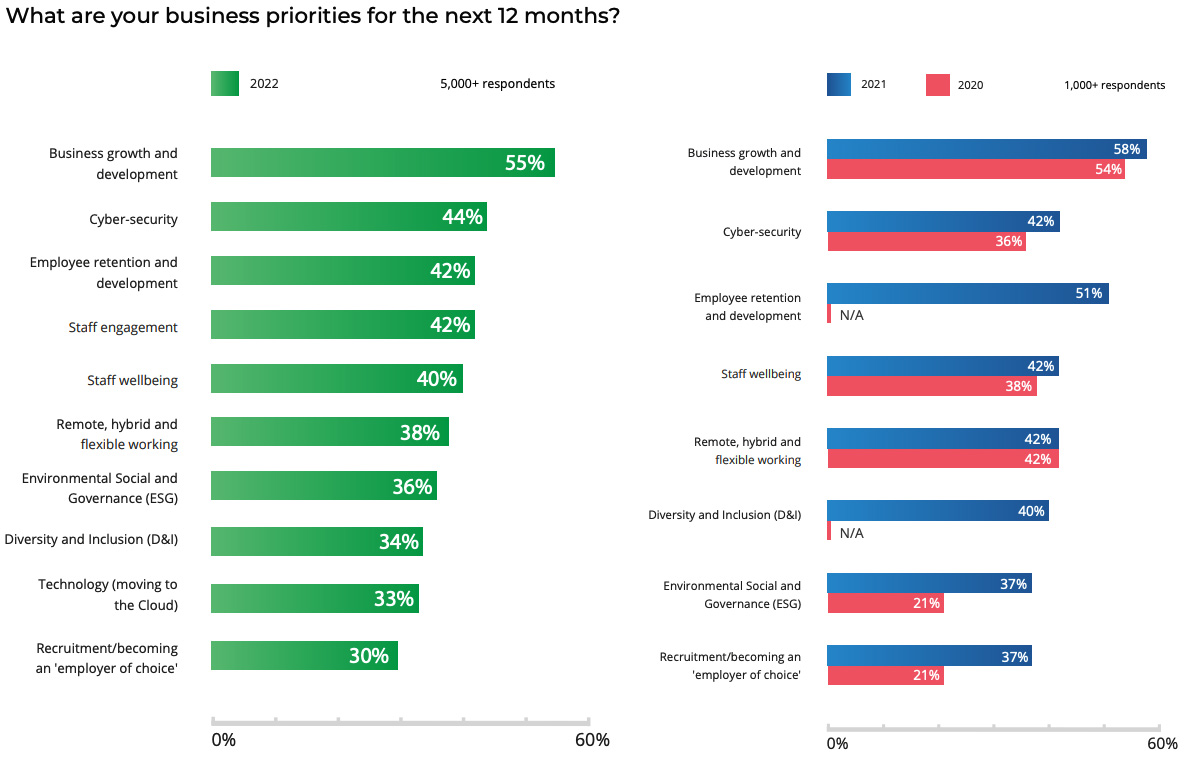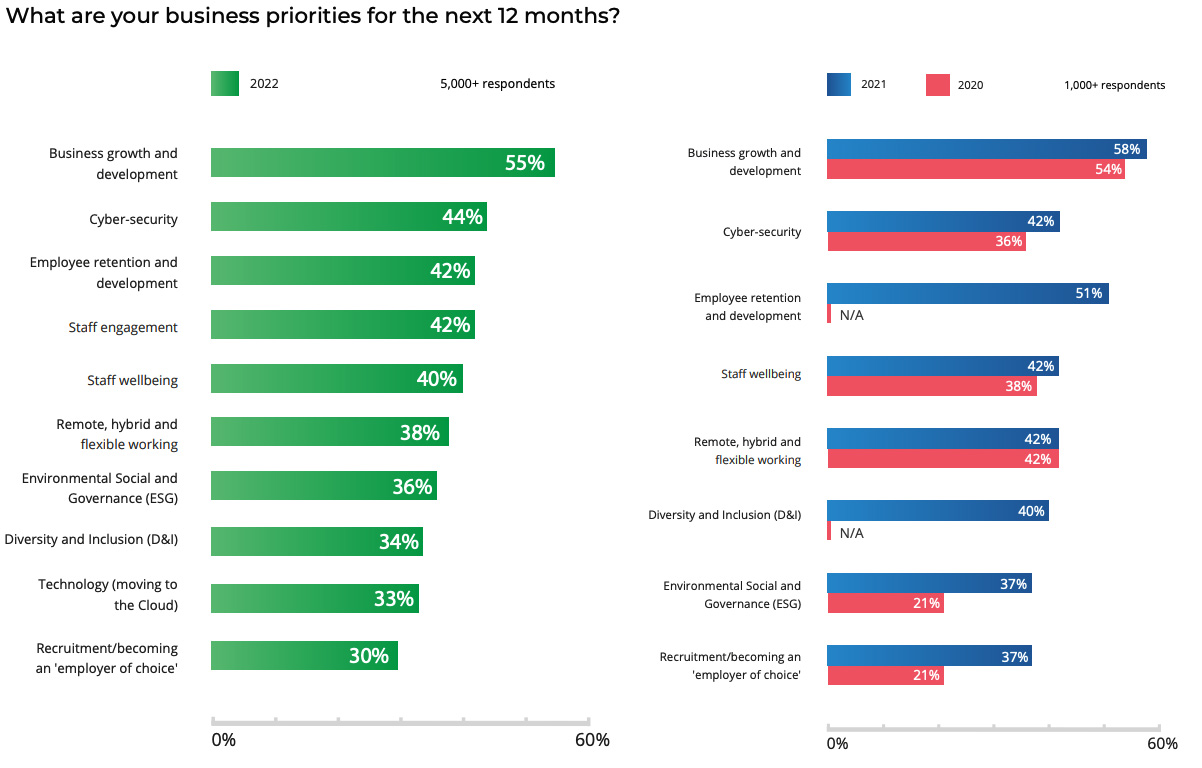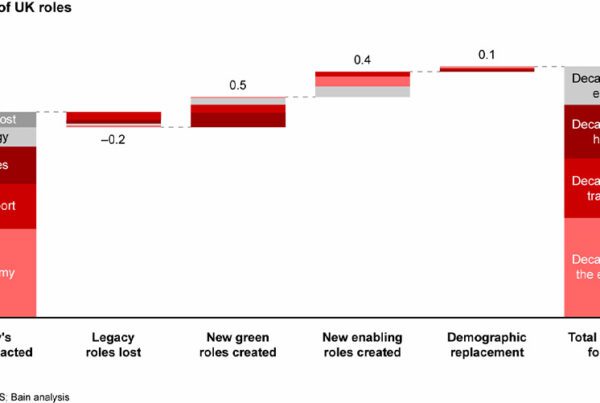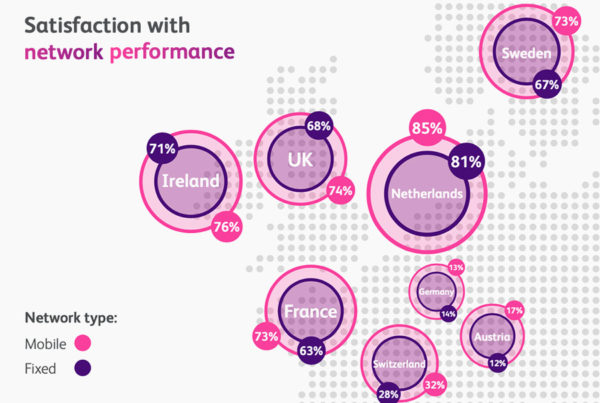Questions around hiring and retaining top talent remain among the most important on boardroom agendas – but they are seen as lessimportant than they were 12 months ago. In contrast, despite eight-in-10 organisations stating they are well equipped to deal with cyber-attacks, worries around remote working mean cybersecurity is growing in perceived importance.
As the UK emerged from the pandemic over the last two years, many employers noticed they were struggling to fill vacancies – and to retain key talent at their firms. Amid the lockdown months, huge changes had occurred across the labour market.
In the UK, more than 200,000 people have died since the start of the Covid-19 outbreak, while studies in 2022 suggested as many as 2 million people were left struggling with a long-term version of the virus – preventing them from returning to fulltime work. At the same time, many other workers re-evaluated their lot in jobs which they were regularly reminded were essential to the continuation of businesses – but found their pay and conditions did not reflect that apparent importance upon return to the office. This led to the so-called Great Resignation.

This led to the human resource function becoming one of the most important parts of the corporate agenda in recent years. But while improving a firm’s ability to hire and retain talent remains important to UK businesses, a new poll from Advanced Financials suggests that its inflated importance may be beginning to subside.
Advanced Financials is a UK-based business software provider with over 22,000 global customers and 2,700 employees. The firm tasked Research Without Barriers with surveying more than 5,000 senior decision makers in organisations of over 100 employees in 2022, and found that while more than half of respondents identified staff retention and development as a priority the year before, that had fallen to 42%. Similarly, while remote and flexible working – a key element of many firms’ enhanced offering to staff since the pandemic – had been a priority to 42% of leaders in the last two years, that shrank to 38%.
Business growth and development remained top of the agenda – and was the only answer more than half of respondents picked as a priority. A 55% majority identified it as of top importance, as profitability became more difficult amid the heightened inflation of the last 12 months, with energy and material costs both booming. As is often the case during a downturn, the way many firms chose to counteract these pressures on their bottom-line was to axe staff – something which is not especially aligned to ‘staff wellbeing’, or being an employer of choice; the importance of which fell by 2% and 7% respectively.

In contrast, the importance of technology rose dramatically in the eyes of the companies surveyed. In previous polls, Advanced Financials did not report on it being a leading priority at all – but looking ahead, 33% cited technology and moving to the cloud as a top agenda item. At the same time, automation is seen by a large number of firms as giving them the chance to focus human labour on ‘value-adding work’, while downsizing back-office functions – though one-third of senior leaders surveyed added they still had no plans to adopt AI or machine learning.
Nadine Sutton, Principal Product Manager at Advanced Financials, commented, “It’s important for CFOs to examine areas of inefficient resource use and ineffective processes, so they can identify more finance automation opportunities. Artificial Intelligence is disrupting finance, but in a profoundly helpful way. It’s easy to get caught up in the supposed negative connotations of AI, such as that it’s a threat to jobs. However, AI provides a way to reduce the workload surrounding traditional accounting activities, such as transaction processing, auditing, reporting, and maintaining compliance.”
Cyber-security was the other factor growing in importance for business leaders. In the last three surveys, the number of respondents noting it as a top factor has grown consistently – even though 80% of them now believe they are actually ‘prepared’ for a cyber-attack. As firmscontinue to worry about he opportunities remote working may afford to hackers, and work to strengthen technology hastily rolled out in the pandemic to enable it, 44% said cyber-security would be a top issue in the coming months.




